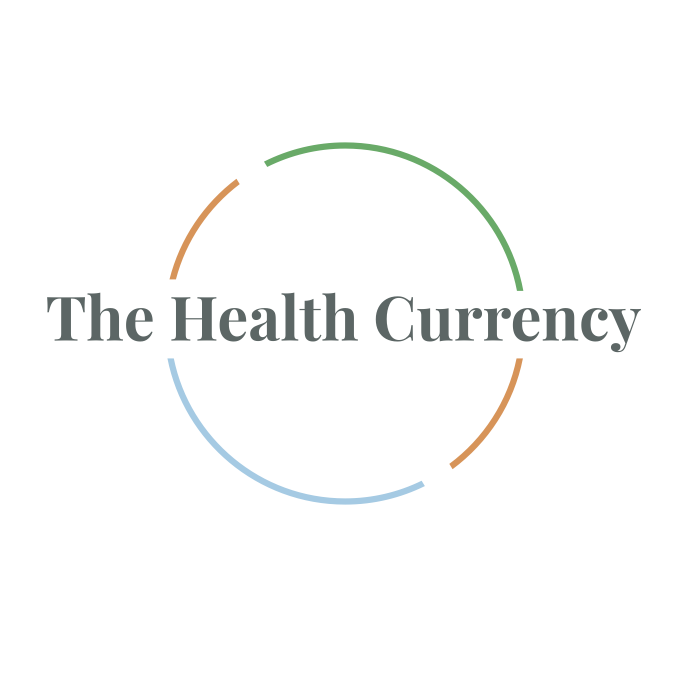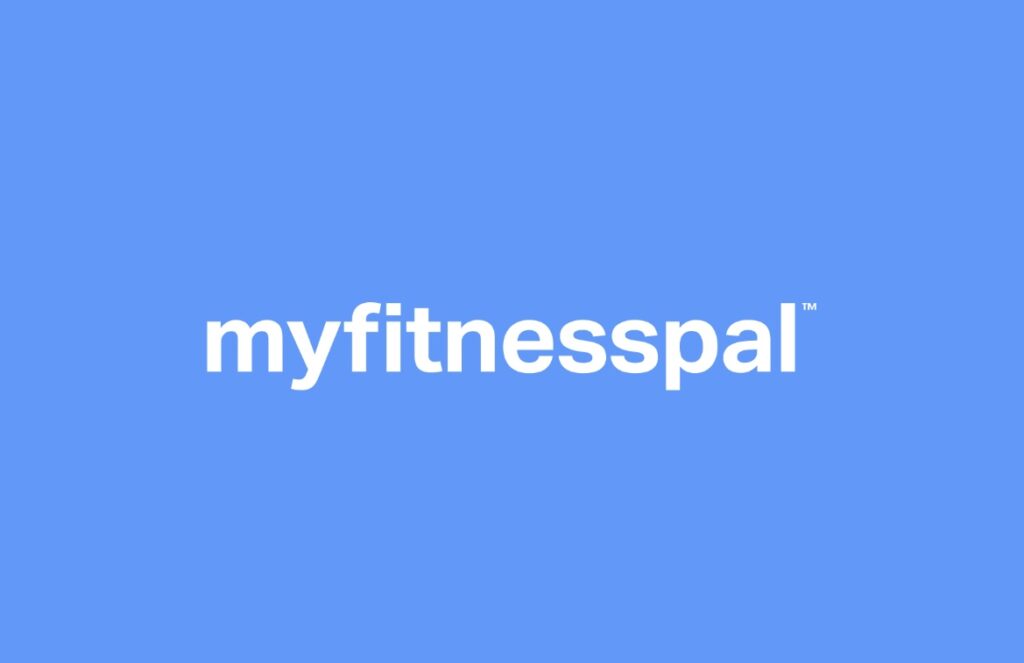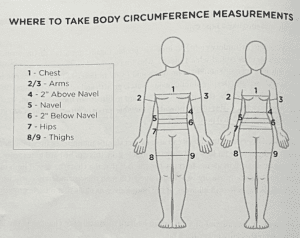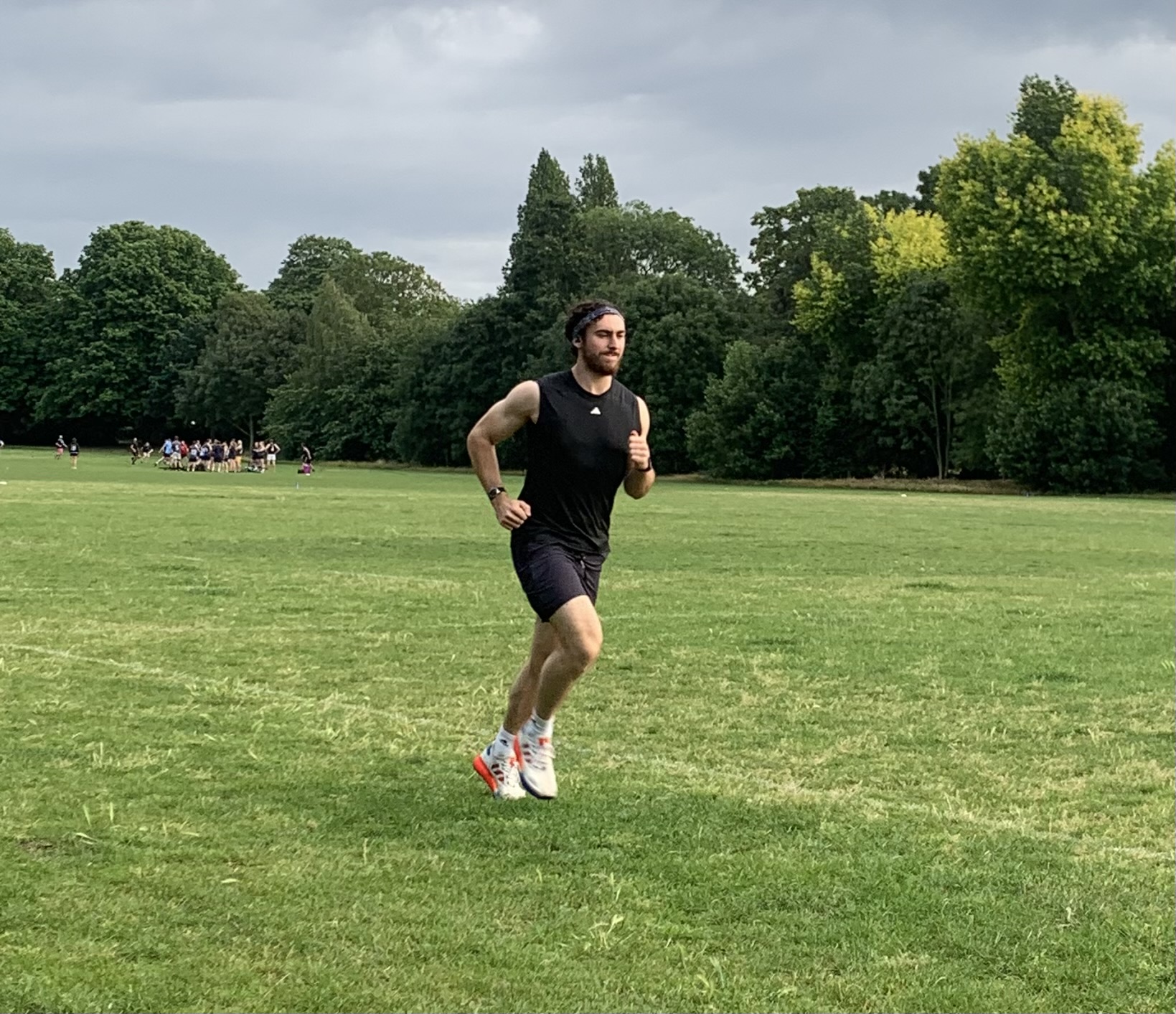The Pros and cons of calorie counting
Calorie or macronutrient tracking has gained a lot of publicity (both positive and negative). The evidence suggests that it can be a highly effective tool for maintaining a caloric deficit (expending more energy than you consume) and therefore weight loss maintenance. On the other hand, calorie counting can also negatively impact certain individuals relationship with food and can be a stressful or laborious process for many people who hate writing down everything they eat. I think it’s important to take a look at both sides of the argument in more detail before diving into various recommendations as to how you can proceed with calorie tracking based on your personality type, existing relationship with food and individual preferences. So without further ado, let’s take a look at the pros and cons of calorie counting.
Cons
I’ll start with some of potential pitfalls and issues associated with consistent calorie tracking.
Stress & Emotional Toll
For many people and particularly those put off by the idea of manually tracking food, calorie counting can be a hugely laborious process. Less detail orientated individuals may resent or be overwhelmed by the idea of tracking what they eat and drink on a daily/weekly basis. We only have so many things that we can effectively focus on at a given time, and our willpower and ability to handle multiple stressors has a ceiling. This is often what’s referred to as “decision fatigue” where we experience mental exhaustion from making too many decisions throughout the day (think Barack Obama choosing to wear only wearing grey or blue suits with the goal of reducing his daily decisions). Individuals can become overly focused on accuracy, over scrutinising every minute detail when tracking. Over time, this can make a diet more difficult to follow, as it can eat into one’s overall enjoyment of life and ultimately reduce the probability of long term consistency. This is particularly prevalent amongst businesspeople and busy parents, where both the time and effort of journaling food intake can eventually wear them down. It’s not sustainable to have perfect accuracy when tracking calories for meals 3 to 5 times a day. This may stress you out to the point where you fall off the wagon completely, which is no help to anyone. On a similar note, for some people tracking calories can become obsessive, taking an emotional toll that can result in eating disorders, poorer body image and decreased mood state. If you are someone who has a history of emotional eating or body image issues, it will be important to have a clear plan in place for weaning off of tracking to ensure these issues don’t arise. This is where it would be advisable to seek the advice of a HCP (health care professional) or coach who will be able to offer you a personalised plan that allows you to transition away from tracking (which in my opinion should be the goal for everyone, minus physique competitors).
All or Nothing Mindset
Furthermore, tracking can result in an “all or nothing” way of thinking that can also hinder progress over the long haul. For someone with this mindset, they will be more prone to letting a daily mishap (e.g., exceeding their daily goal by 500 calories) compound into completely falling off the wagon. Someone with this mindset might think “well i’ve already messed up my daily intake, so I may as well go out and eat a pizza as I’ve already failed”. This mindset is detrimental in the pursuit of consistency, as it doesn’t allow for mistakes, changes in routine, and the inevitable variables life throws at us. During the tracking process, individuals can develop a tendency to put their macros on a pedestal, so it’s important to remember they are just guidelines to help you achieve your goals. You’re not always going to be 100% accurate and it’s inevitable that you will sometimes miscount calories, misread labels and accidentally exceed your daily calorie count. The key is to not let a bad day become a bad week and a bad week become a bad month. The literature actually suggests that “those with flexible dietary restraint are more successful, sane and able to maintain weight loss compared to those with rigid dietary restraint” (1., p.10).
Good Food vs Bad Food Approach
On a similar note, tracking can trigger or exacerbate unhealthy relationships with food. The tendency to label foods as “good” or “bad” can be detrimental to one’s relationship with food. Being a highly manual process, inputting foods consistently (on a daily basis) into apps can result in to the demonisation of certain foods. Once someone is able to see that specific foods (e.g., a muffin) contain significantly more calories and sugar (and less micronutrients) than say an apple, they start labelling foods as “good” and “bad”. This can then manifest into feelings of deprivation, resentment for the process of dieting, and can ultimately result in falling off the wagon (which is what we need to avoid). There are very few, if any foods that are actively unhealthy for you (given you don’t have a clinical condition) when eaten in moderation. There are no foods when eaten once that will immediately and measurably do harm to your body. “Bad” (or empty calorie) foods are demonised because they are relatively devoid of micronutrients, fibre and protein and as a result, give you less useful (nutritionally dense) calories to play with for the rest of your day. Just because a muffin has less micronutrients, doesn’t mean it should be villainised or completely avoided, especially if eating on as a treat on a Friday afternoon helps keep you consistent and motivated in your pursuit of weight loss maintenance.
Lack of Nutritional Variety Involved in Calorie Counting
Calorie tracking can also result in a lack of nutritional variety. In the pursuit of convenience and accuracy, many people will restrict the foods they eat in order to maintain consistency when adhering to their macronutrient goals and calorie targets. Therefore, a perceived “clean” diet can actually result in a poorer nutrient profile than an approach that includes a broader spectrum of foods. I’ve experienced this phenomenon first hand, where in the pursuit of accuracy I reverted back to the same meals day in day out when tracking to make it easier to stick to my macronutrient targets. For months I ate the same meals constantly, became obsessed with body fat percentage, demonised all sugary foods, and ultimately burnt out. Sure, I was succesfully able to reduce my body fat percentage to 7.7%, but at what cost? After following this rigid diet, I discovered I was unable to digest certain foods (not on the clean list) without discomfort and stomach cramps. I later found out this was due to the loss of enzymes and gut bacteria that are essential to the digestion of a wide variety of foods. So as you can see, a “clean diet” can actually result in a poorer nutrient profile than an approach that includes a broader spectrum of foods.
Pros
At this point, you’re probably thinking why on earth would I track calories? It sounds terrible! But it’s important to look objectively at both sides of the argument, as there are undoubtedly some huge benefits to calorie tracking, at least initially.
Helps to Maintain a Calorie Deficit
Calorie tracking apps like MyFitnessPal use calculation methods (e.g., Mifflin-St. Jeor equations) to help estimate recommended daily calorie intake. These methods typically take into account your weight, height, age and activity levels, and for the most part give an educated guess of your total daily caloric requirements to maintain your current bodyweight. Apps like MyFitnessPal allow you to adjust your maintenance requirement by adding or subtracting calories, depending on your specific goals. For example, if your goal is to lose 2kg in 4 weeks (before heading to Ibiza) your goal will be to lose 0.5kg a week. Therefore, you can manually input how quickly you want to make progress based on the time frame of your individual goals. With that said, it would be advisable to add or subtract 10 – 20 percent, or about 250 to 500kcal when starting out, to ensure adherence. People can have a tendency to start too aggressively on calorie deficits which can result in strong feelings of deprivation, mood swings and ultimately decrease the likelihood of long term success. Therefore, these apps (some of which are free, e.g., MyFitnessPal) provide a great place to start for beginners looking to gain an educated idea of how many calories they should be consuming daily. One pitfall of these methods, is that every individual is different, and therefore they lack subjectivity.
Valuable Educational Process
When starting out on your fitness or weight loss journey, “tracking helps you understand how your habits compare to general portion sizes, see what foods are dominant in which macronutrients, gain awareness of mindless eating, observe the effect that your eating habits have in your body, and teaches you how to structure a basic diet for health and performance” (1., p.15). Think about it, unless you’ve studied to be a nutritionist or dietitian (or are a health/fitness geek who annoys his girlfriend by talking too much about protein…), you probably have very little knowledge of what foods are high in the macronutrients (protein, fats, carbs) and also what foods are high in micronutrients and fibre. Tools like MyFitnessPal are hugely enlightening, as they help you to discover which foods have high macronutrient density and other desirable qualities like high fibre content and micronutrients. Importantly, these resources can also teach you which foods you might want to moderate in your diet, due to them contributing less to your micronutrient requirements. For example, a pastry may contribute to your macronutrient counts (e.g., kcals, fats and carbs), but it wont do much to satisfy your micronutrient requirements (think of the antioxidants and vitamin C in blueberries, vs a muffin).
Calorie tracking tools are extremely useful, as they reveal consistent habits (e.g., snacking), deficiencies (e.g., lack of fibre intake), and triggers/patterns that need addressing in order to ensure weight loss maintenance. For example, you may think that you eat “healthily”, but after two weeks of tracking realise that “empty calorie” foods dominate your diet more than you previously thought. You will start spotting patterns in your eating behaviours that you were previously unaware of e.g., binging regularly on weekends, mindless eating and snacking in the evenings etc. The practice of calorie tracking alongside a food journal for 2 – 4 weeks can be a truly valuable process, that helps you gain back control over your mindless eating behaviours that are preventing you from achieving weight loss maintenance. Once you have undergone this educational process, you will be able to make more conscious decisions around including enough “healthy” foods in your diet first to ensure your body is nourished and taken care off. Once this has been addressed, you can feel free to indulge in less nutritionally dense foods in moderation, which over the long haul will improve your flexibility and therefore your consistency.
Big Picture Thinking – A Final Thought
Now that we’ve addressed some of the pros and cons of calorie counting throughout this post, I’ll share one final thought on it’s value as a tool to be used, but not over relied on over the long-term. The aim of tracking is not to scrutinise whether you are eating “good” or “bad” foods on a given day, but to help evaluate whether your overall diet is both healthy, and working towards your individual goals. The ultimate goal is to move away from tracking, but calorie counting for a short period of time is an excellent learning tool that teaches you to consciously navigate nutrition on your own, and has been proven to positively impact weight loss maintenance. With that said, this doesn’t mean that calorie tracking is necessarily valuable for everybody. If you are someone with a history of eating disorder (e.g., bulimia) or have dysfunctional eating patterns, it may be wise to consult a healthcare practitioner and consider alternative methods that are less reliant on quantitative measurements and data. For these people, tracking macros can cause more harm than good, leading to more stress, anxiety and more dysfunctional eating behaviours.
References
1. Helms. E (2019). The Muscle & Strength Pyramid: Nutrition.
2. Aragon. A (2022). Flexible Dieting: A Science Based, Reality-Tested Method For Achieving & Maintaining Your Optimal Physique, Performance & Health. Victory Belt Publishing INC.
3. Spreckley M, Seidell J, Halberstadt J. Perspectives into the experience of successful, substantial long-term weight-loss maintenance: a systematic review. International Journal of Qualitative Studies on Health and Well-Being. 2020, Vol. 16, 18624









One Response